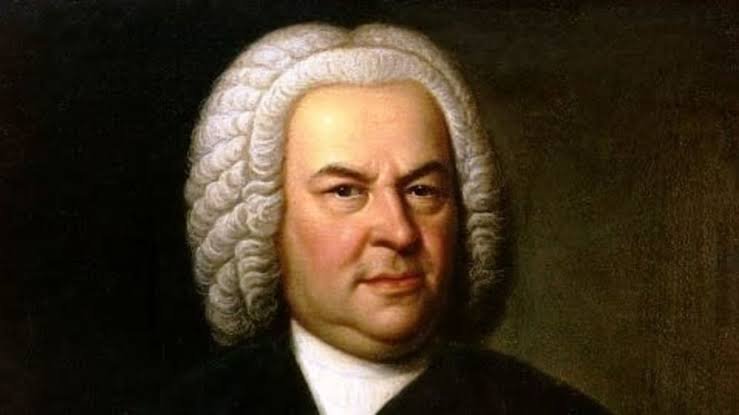
Today, the world pays tribute to Johann Sebastian Bach, one of history’s most influential composers, on the anniversary of his passing. Bach, who died on July 28, 1750, left an indelible mark on classical music, earning him the title of the “Father of Western Music.”
Born on March 31, 1685, in Eisenach, Germany, Bach was a musical prodigy whose work transcended the Baroque period in which he lived. His compositions, ranging from intricate fugues to emotive choral works, are celebrated for their intellectual depth and technical mastery. Among his most iconic creations are The Well-Tempered Clavier, Mass in B Minor, and the Brandenburg Concertos.
Bach’s life was dedicated to music, both as a composer and performer. He served as a court musician, organist, and eventually the Cantor of St. Thomas Church in Leipzig, where he produced many of his masterpieces. Despite his immense talent, Bach was not widely recognized during his lifetime, and his music only gained significant acclaim years after his death.
Tragically, the end of Bach’s life was marked by declining health. He suffered from deteriorating eyesight, and an unsuccessful eye surgery led to complete blindness in his final months. He passed away at the age of 65, likely from complications related to a stroke.
Today, Bach’s works are considered the foundation of Western classical music. His influence extends beyond classical genres, inspiring musicians in jazz, rock, and even electronic music. Bach’s ability to blend technical brilliance with emotional expression makes his compositions timeless.
As we honor Johann Sebastian Bach, we are reminded of the power of music to connect generations and cultures. His legacy continues to inspire musicians and listeners alike, proving that true genius knows n
o boundaries.





